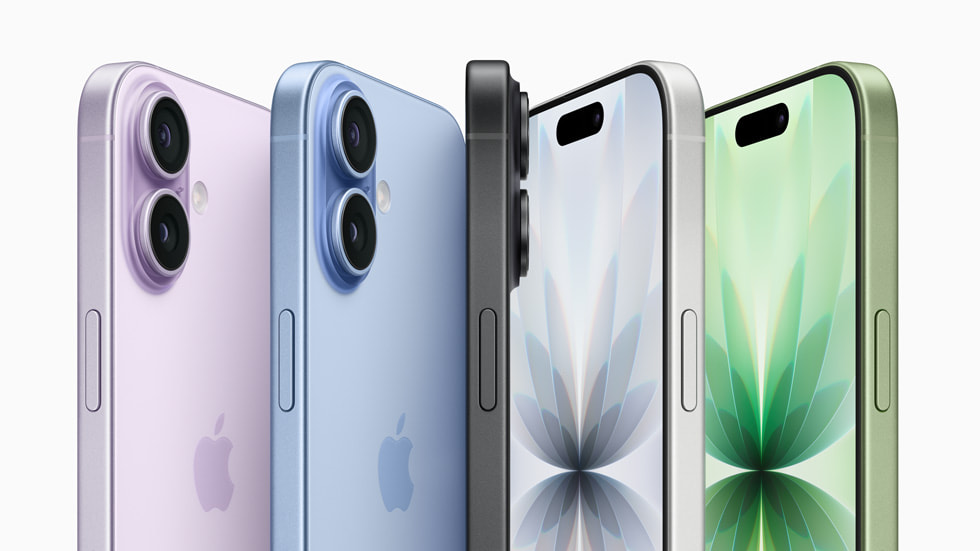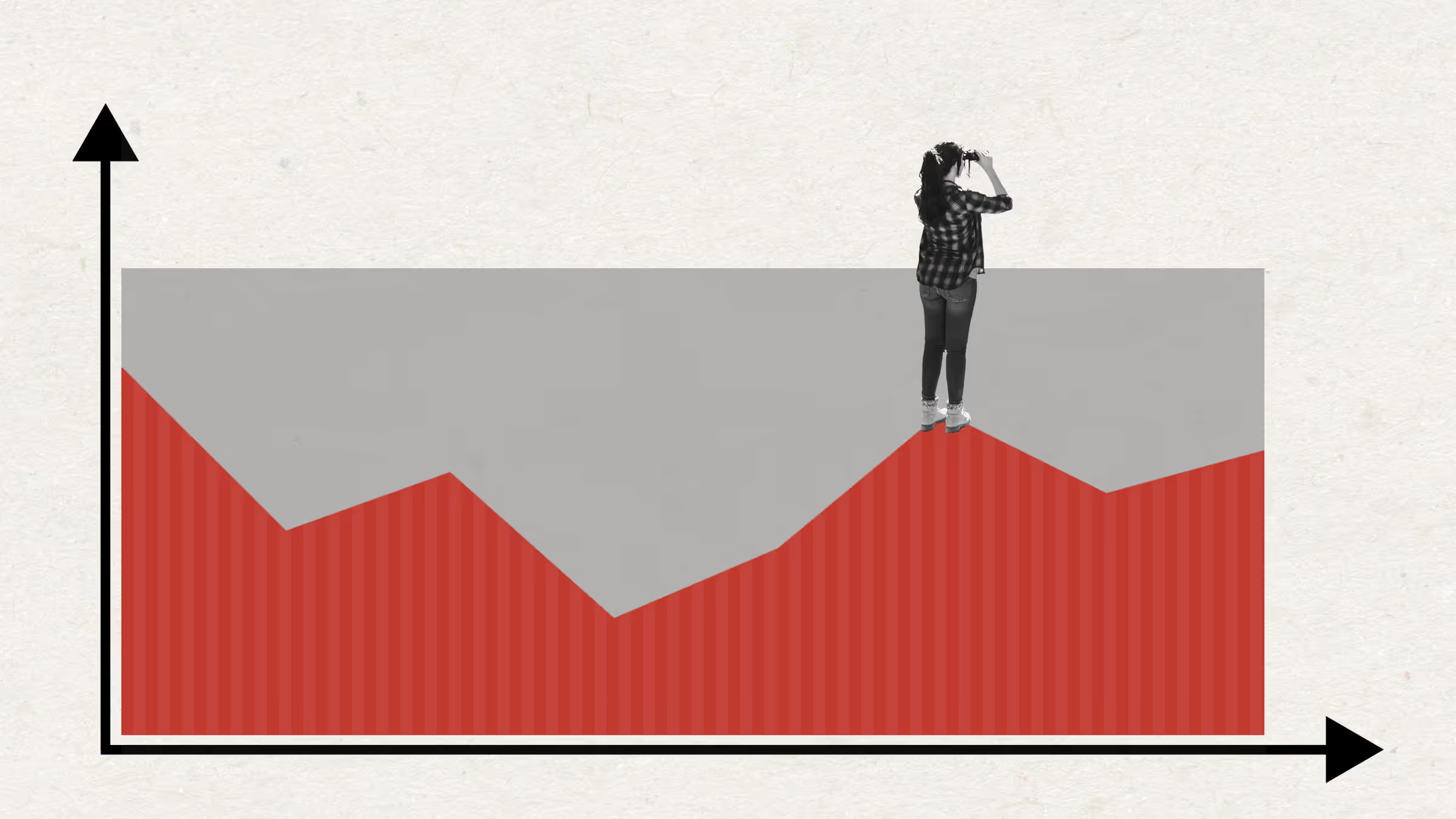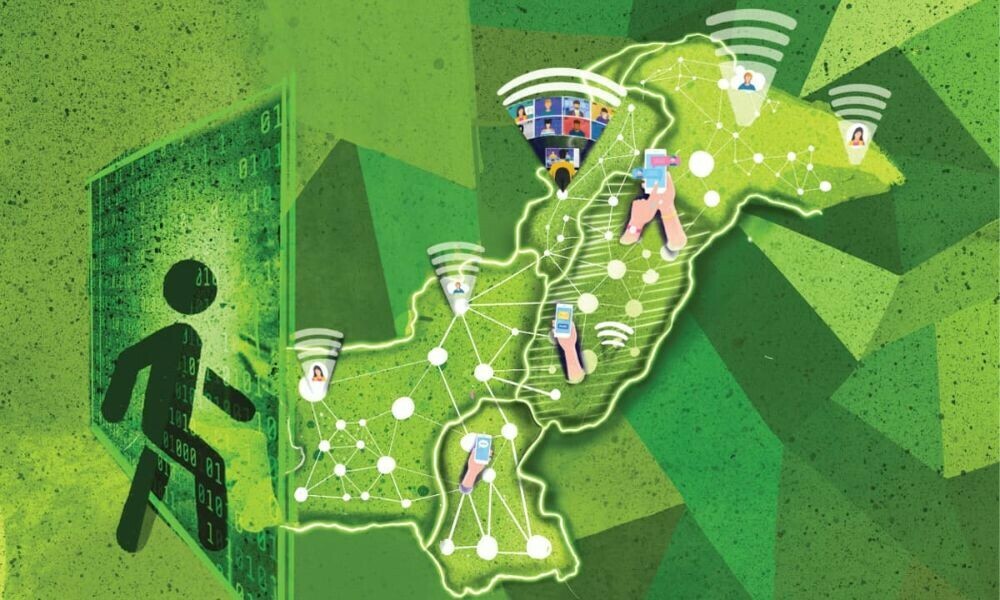Apple has officially launched its highly anticipated iPhone model, introducing a new era of smartphones powered by advanced artificial intelligence. The device features an upgraded processor, enhanced battery life, and an improved camera system designed for both casual and professional use.
The new chip delivers unprecedented processing speed, enabling seamless multitasking and gaming performance. Apple’s design team has also prioritized durability with strengthened glass and eco-friendly materials.
AI at the Core of Innovation
Artificial intelligence integration is the hallmark of this release. From voice recognition to predictive text and real-time translation, the device leverages AI to improve user experience. The camera system uses machine learning to enhance low-light photography and video stabilization, making it one of the most advanced in the industry.
Apple’s AI assistant has also been updated to provide more natural conversations, proactive reminders, and smarter home automation integration.
Market Competition Heats Up
Apple’s announcement comes as competitors like Samsung, Google, and Huawei intensify their focus on AI-powered smartphones. With global demand rising, the smartphone market has become a battlefield for innovation, pushing companies to redefine mobile technology.
Analysts predict Apple’s new release will further solidify its dominance in premium segments while challenging rivals to raise their standards in AI integration.
Consumer Reactions and Expectations
Early reviews highlight excitement over the device’s AI features and hardware upgrades. However, some critics point to its high price point as a barrier for average consumers. Apple’s loyal customer base remains eager to adopt the latest model, but broader adoption may hinge on installment plans and trade-in programs.
Tech enthusiasts are also closely watching Apple’s ecosystem expansion, particularly how the new iPhone integrates with other devices such as the Apple Watch and MacBook.
Economic and Industry Implications
The launch of Apple’s latest device is expected to generate billions in revenue and boost global supply chains. Component manufacturers, app developers, and accessory makers stand to benefit significantly.
At the same time, industry experts warn that supply chain disruptions, geopolitical tensions, and increasing competition could impact sales. Apple’s strategy of diversifying suppliers may help mitigate these risks.
FAQs
What makes the new iPhone unique?
Its AI-powered features, including real-time translation, smart photography, and advanced multitasking, set it apart.
How does AI enhance the camera system?
Machine learning improves image clarity, low-light performance, and stabilization for professional-grade results.
Is the new iPhone more durable?
Yes, it includes reinforced glass and eco-friendly materials designed for longevity.
How does it compare to competitors?
Apple’s AI integration and hardware upgrades strengthen its position against Samsung, Google, and Huawei.
Will the high price affect sales?
While the cost is steep, trade-in programs and installment plans may make it more accessible to consumers.
Conclusion
Apple’s new iPhone marks a significant leap in smartphone technology, blending cutting-edge hardware with artificial intelligence to redefine user experiences. Its integration of AI across photography, productivity, and daily life reflects the company’s vision of a smarter, more connected future.
Although pricing remains a challenge for some, Apple’s loyal following and strategic positioning ensure its continued dominance in the premium smartphone market. This release sets the stage for intensified competition, pushing the entire industry toward more innovative solutions.









